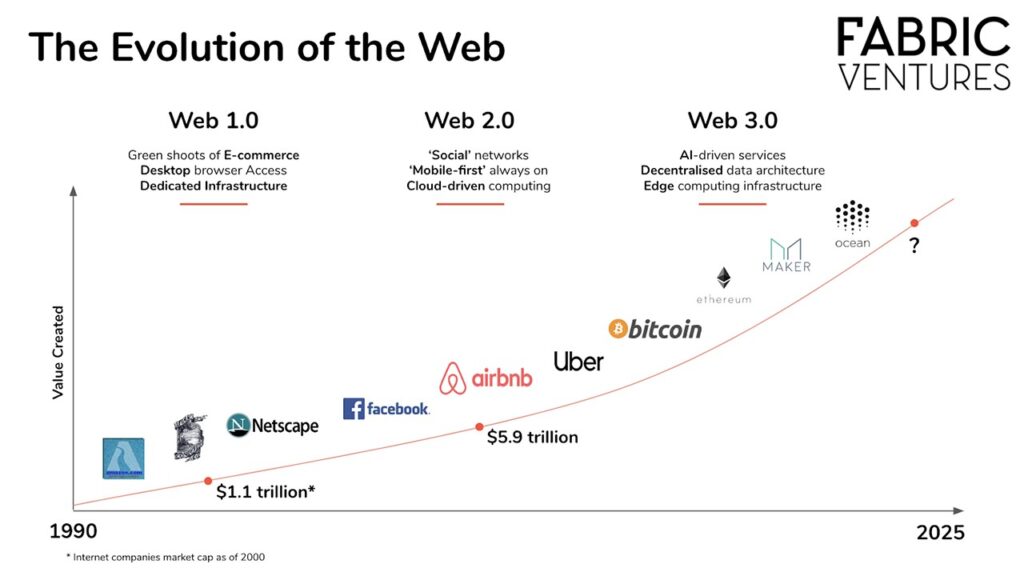When disaster relief nonprofits think about funding, they think about impact. Ethical, progressive nonprofits know that every dollar that comes in directly supports the mission of helping people on their worst days.
In the past few years, and especially in 2021, a new form of money has gone mainstream: Cryptocurrency, specifically the rise of Bitcoin as a global payment network and digital store of value.
With the invention of blockchain technology in 2009, the anonymous founder and engineer, operating under the pseudonym Satoshi Nakamoto, created a digital asset that is open, immutable, and doesn’t need a central authority, like a bank or government, for it to function. The trust lies in physics and math. Or, to put it another way, the law is in the code. In fact, anyone with a $50 phone and internet connection can open a digital wallet and begin transacting with bitcoin and other digital assets without a bank account. This simple idea of “banking the unbanked” by leveraging blockchain technology is transforming the financial industry and providing millions of people an escape valve from rampant hyperinflation and, in many places in the world, authoritarian regimes.

Such a move towards a more transparent, equitable world using incorruptible money is part of why forward-thinking nonprofits, including Team Rubicon, accept Bitcoin, Ethereum, and 40 other leading cryptocurrencies.
The invention of digital assets has also given rise to a new kind of disaster-relief philanthropist: one that tends to be younger, increasingly mission-driven, and who understands the existential threat of climate change and its threat to human existence. These cypherpunks have amassed a coalition of engineers, entrepreneurs, and builders who, not okay with the status quo, are building a new operating system for the next internet—Web 3.0—that works for everyone: A more inclusive financial system that puts power into the hands of the people and their causes.

What does this mean for nonprofits? Simply put, every for-impact organization will eventually accept cryptocurrency donations because it will be regularly used and transacted with by citizens all over the world in a not-so-distant future. Furthermore, crypto philanthropists would rather donate their crypto holdings to nonprofits that accept their cryptocurrency holdings and that don’t force them to convert to fiat currency. From a tax perspective, cryptocurrency is treated as property (house, stocks, bonds), which means they are tax-deductible and eligible for significantly reduced capital gains tax. Of course, as with any tax-related questions—and regardless of whether your donating digital or fiat currency—the best bet is to consult with a professional tax advisor before donating.
So, for all the cryptocurrency-holding philanthropists out there looking to put their novel, innovative, next-gen wealth-building apparatuses to work for good, keep putting your (digital) money where your heart is. With digital currency, technology can drive impact as efficiently as possible. By funding disaster relief and other humanitarian causes with cryptocurrency, you are leveraging today’s financial technologies for social good.



